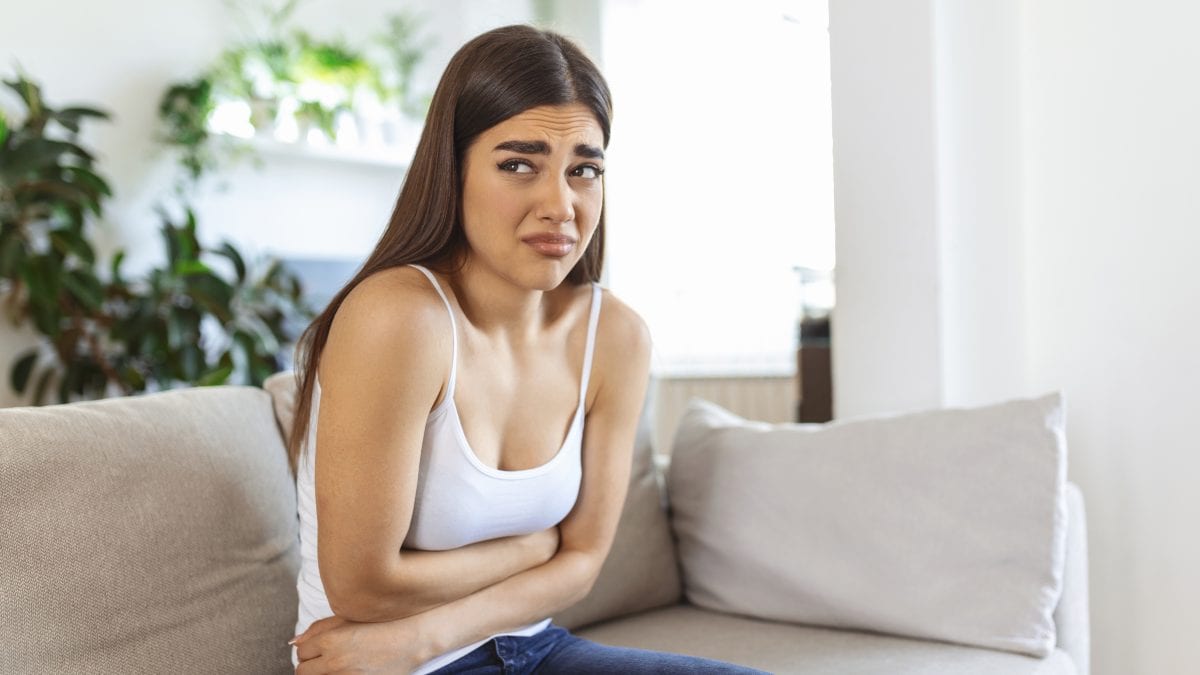Manage PCOS With These Expert-Recommended Dietary And Lifestyle Changes

PCOS is a hormonal imbalance that affects a large number of women of reproductive age
By making certain dietary and lifestyle changes, you can manage your PCOS symptoms and improve your overall health and well-being
Polycystic Ovary Syndrome (PCOS) is a hormonal disorder that affects many women worldwide. PCOS can cause a range of symptoms, including irregular periods, weight gain, acne, and hair growth. While there is no cure for PCOS, dietary and lifestyle changes can help manage symptoms and improve quality of life. Expert-recommended dietary and lifestyle changes would include incorporating a balanced diet with adequate protein, healthy fats, and fiber, as well as regular exercise and stress management techniques. Additionally, we will explore specific foods and supplements that can aid in PCOS management. By making these changes, individuals with PCOS can take control of their health and improve their overall well-being.
Sanjana Pai, founder, thepinkbox, says, “PCOS is a prevalent hormonal condition that primarily affects women of reproductive age. It can result in a variety of symptoms such as irregular periods, weight gain, acne, and excessive hair growth. While there is no treatment for PCOS, some dietary and lifestyle adjustments can help control symptoms and improve overall health.”
PCOS is a hormonal imbalance that affects a large number of women of reproductive age. Shweta Agrawal, Holistic Nutritionist & Integrative Gut Health Coach, says, “Although there is no treatment for PCOS, it can be effectively controlled by a mix of dietary and lifestyle adjustments. These modifications can help lessen symptoms including irregular periods, acne, and weight gain, as well as enhance general health.”
Specialists advise eating a well-balanced, healthy diet rich in whole foods including fruits, vegetables, whole grains, and lean proteins. It’s also vital to avoid processed and high-sugar foods, which can induce inflammation and exacerbate symptoms. Exercise is also important since it can help manage insulin levels and minimize inflammation. Yoga, meditation, and deep breathing are all stress management practices that can help manage PCOS symptoms.
Shweta Tanwar Mukherjee, Entrepreneur, Content Creator and Wellness Advocate recommends tips to fight PCOS:
- Eat a balanced diet: Include whole grains, fruits, vegetables, lean protein, and healthy fats in your diet. Avoid processed foods, sugary drinks, and foods high in saturated and trans fats.
- Exercise regularly: Engage in moderate-intensity exercise for at least 30 minutes a day, five days a week. This can include walking, jogging, cycling, or any other physical activity you enjoy.
- Manage stress: Chronic stress can worsen PCOS symptoms. Try relaxation techniques like yoga, meditation, or deep breathing exercises to manage stress.
- 4.Get enough sleep: Aim for seven to eight hours of sleep every night to help regulate your hormones and manage PCOS symptoms.
- Consider supplements: Certain supplements like inositol, vitamin D, and omega-3 fatty acids have been shown to improve PCOS symptoms.
By making these dietary and lifestyle changes, you can manage your PCOS symptoms and improve your overall health and well-being. Remember to consult with your doctor before making any significant changes to your diet or lifestyle.
Read all the Latest Lifestyle News here
For all the latest lifestyle News Click Here

